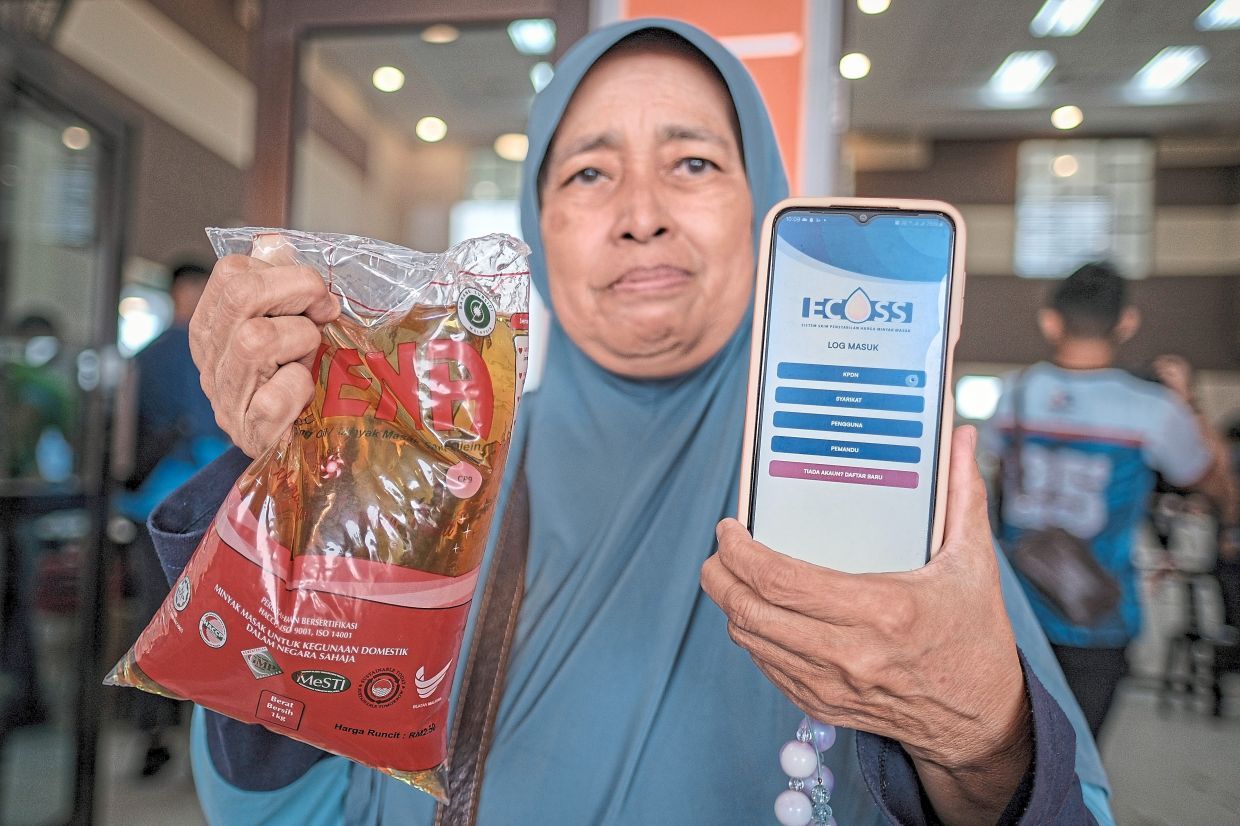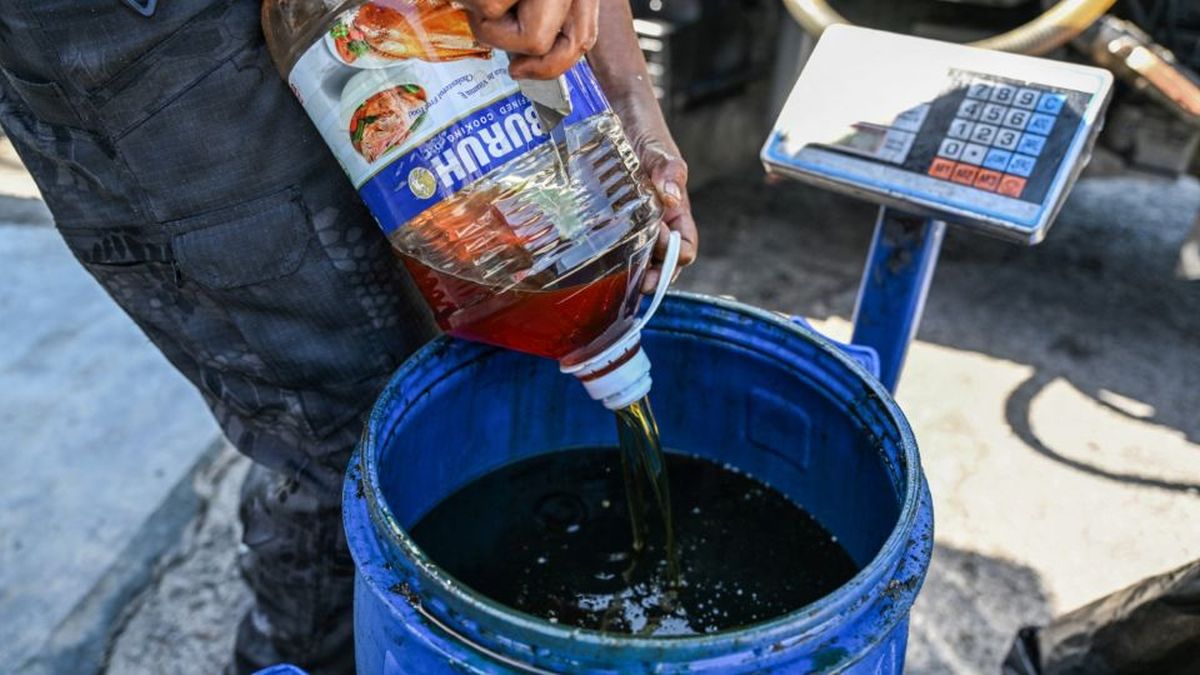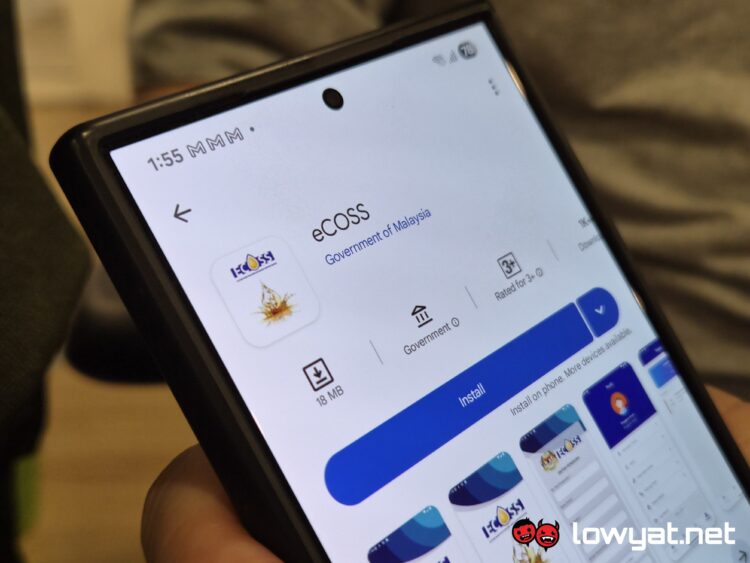The Ministry of Domestic Trade and Cost of Living (KPDN) recently introduced its mobile app of the Cooking Oil Prices Stabilisation Scheme, otherwise known as eCOSS, to the masses. The app, which is technically still in its trial phase, was rolled out in an effort to combat the rampant abuse of subsidised packaged cooking oil to non-citizens.
The first eCOSS trial was conducted in the city of Johor Bahru, and is aimed at overseeing more than 60,000 metric tonnes of subsidised cooking oil that is distributed monthly, particularly towards B40 income groups. Specifically, the app is being piloted under the Rahmah Sales Programme. “Through the Mobile eCOSS Application, retail purchase data will be recorded, enabling monitoring of retailer sales and consumer purchase data, including identities based on National Registration Department records.”

Subsidised cooking oil in Malaysia is typically sold in 1kg packets at a price of RM2.50 per packet. Compared to the average price of RM10 for the same amount, it’s easy to see why the government wants to keep tabs on who and where the commodity is going out to.
As mentioned, eCOSS is currently being trialled in the state of Johor, but to be clear, the goal here isn’t just to prevent smuggling of the subsidised cooking oil out of the country, but also to stop the sales of it to non-Malaysian citizens. That includes foreign and migrant workers currently living in Malaysia.

On the subject of smuggling, the area in which the act of smuggling subsidised cooking oil runs rampant is actually at the border with Thailand and more specifically, between the state of Kelantan. It’s an issue that has been ongoing for years, and the government’s attempts at plugging the proverbial leak into the multiple nearby Thai towns have been unsuccessful, to date.


